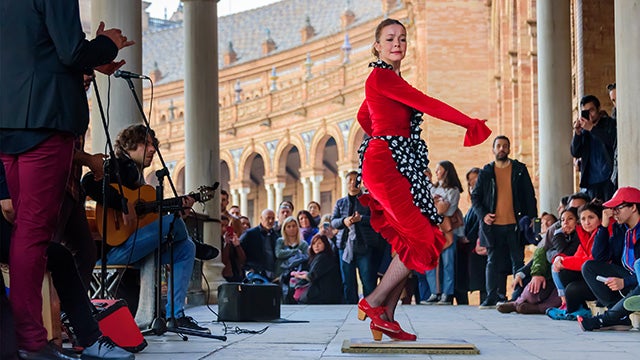The most striking characteristic of Benazir Bhutto, back when she was a student in the 1970s, was the contrast between the intensity of her eyes and the warmth of her very large smile. It was one of countless contrasts that she embodied. She tended to wear blue jeans and baggy sweatshirts, fitting in with the dress code of the day, but she told me she dressed that way (never shorts, skirts, or t-shirts) also because it honored the Muslim custom of covering her body as a woman. Another contrast was between her nickname Pinky — she even typed some of her essays on pink paper — and her serious personality.
When I first met her at Harvard, her father Zulfikar Ali Bhutto had not yet been elected to office. Still, she stood out as a powerful figure in the dining hall of Elliot House, where she lived, and she displayed a passion for international politics that went beyond the antiwar rhetoric that passed for political discourse in those days.
